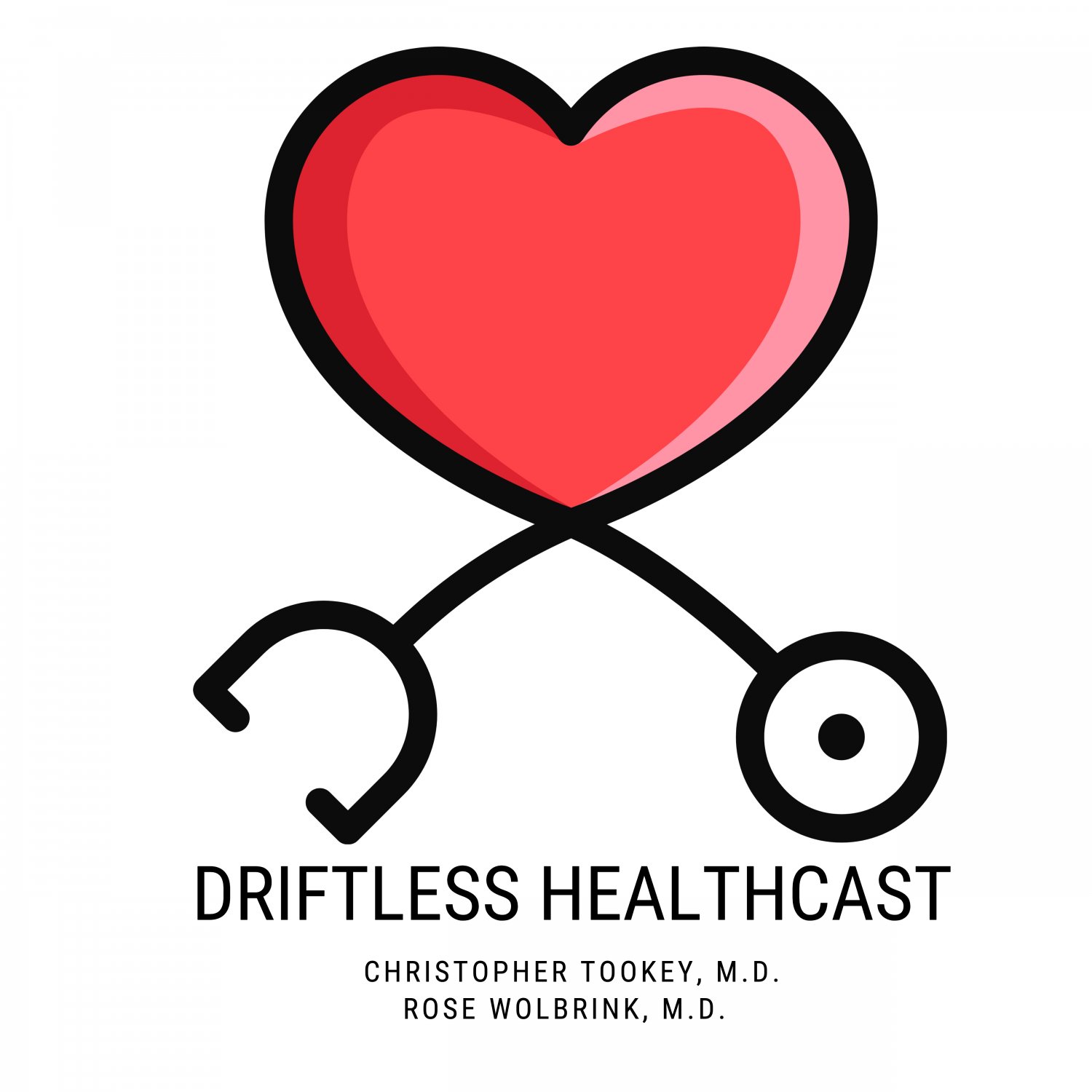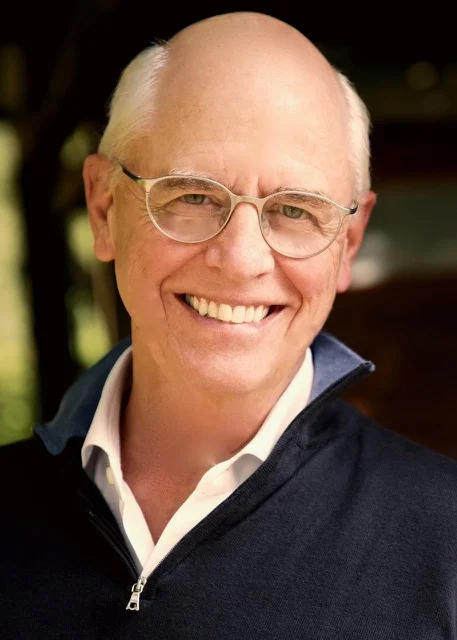Continuum Audio: Genetics and Neuropathology of Neurodegenerative Dementias With Dr. Sonja Scholz
Description
Recent progress in neurogenetics and molecular pathology has improved our understanding of the complex pathogenetic changes associated with neurodegenerative dementias.
In this episode, Katie Grouse, MD, FAAN, speaks with Sonja W. Scholz, MD, PhD, FAAN, an author of the article “Genetics and Neuropathology of Neurodegenerative Dementias,” in the Continuum® December 2024 Dementia issue.
Dr. Grouse is a Continuum® Audio interviewer and a clinical assistant professor at the University of California San Francisco in San Francisco, California.
Dr. Scholz is a senior investigator at the National Institutes of Health in Bethesda, Maryland and an adjunct professor of neurology at Johns Hopkins University in Baltimore, Maryland.
Additional Resources
Read the article: Genetics and Neuropathology of Neurodegenerative Dementias
Subscribe to Continuum: shop.lww.com/Continuum
Earn CME (available only to AAN members): continpub.com/AudioCME
Continuum® Aloud (verbatim audio-book style recordings of articles available only to Continuum® subscribers): continpub.com/Aloud
More about the American Academy of Neurology: aan.com
Social Media
Full episode transcript available here:
Dr Jones: This is Dr Lyell Jones, Editor-in-Chief of Continuum, the premier topic-based neurology clinical review and CME journal from the American Academy of Neurology. Thank you for joining us on Continuum Audio, which features conversations with Continuum's guest editors and authors who are the leading experts in their fields. Subscribers to the Continuum journal can read the full article or listen to verbatim recordings of the article and have access to exclusive interviews not featured on the podcast. Please visit the link in the episode notes for more information on the article, subscribing to the journal, and how to get CME.
Dr Grouse: This is Dr Katie Grouse. Today I'm interviewing Dr Sonia Scholz about her article on genetics and neuropathy of neurodegenerative dementias, which appears in the December 2024 Continuum issue on dementia. Welcome to the podcast, and please introduce yourself to our audience.
Dr Scholz: Thank you so much for inviting me. My name is Sonia Scholz. I'm a neurologist working at the National Institutes of Health. My main focus of research and clinical work are neurodegenerative diseases, and I have a particular interest in using modern genomic tools to understand these diseases and potentially leverage it for new translational applications.
Dr Grouse: Sonia, we're really excited to have you today and thanks for joining us.
Dr Scholz: I'm pleased to be here.
Dr Grouse: I'd like to start by asking what you think is the most important message or takeaway point from your article?
Dr Scholz: So, this is an article that really captures a very broad and exciting field. So, one thing I wanted to really highlight is that there's a lot of heterogeneity, clinical, pathological, molecular heterogeneity in age-related neurodegenerative dementia syndromes. Our article was really aimed at providing a bird's eye view of the pertinent pathological characteristics, but also important genetic advances and insights and how we can leverage that, particularly in the new physician medicine era, hopefully come up with better treatments and better ways to counsel our patients.
Dr Grouse: What do you think is the most challenging aspect of understanding the genetics and neuropathologic basis of neurodegenerative dementias?
Dr. Scholz: That's a good question. There’re many big and challenging questions, but I think one of the things we struggle the most with is really the heterogeneity. I see patients with one and the same Mendelian form of dementia. One patient is in their forties another patient is in their eighties, and the clinical manifestations can be very different from one patient to another. There's a lot of heterogeneity, also, on the pathological level. Not every patient has exactly the same distribution. And so, we're starting to slowly define what the underlying causes are, but it's still quite baffling and quite challenging to put them together and understand them.
Dr Grouse: Do you feel that the genome-wide association studies has helped our understanding of these diseases, specifically the heterogeneity? And if so how?
Dr Scholz: That's a great question, but you're talking to a geneticist here. And I definitely would say genome-wide association studies have helped us a lot in identifying what the underlying disease pathways are and what the relationships between neurodegenerative disease entities are. It really also gave us a better understanding of apparently sporadic diseases where genetic factors are still playing a role. And we can leverage that type of knowledge increasingly to highlight high-risk groups, but also, we can increasingly use it to stratify patients for clinical trials, for example. And that's really exciting and there's still a lot of knowledge that we have to garner very quickly, especially in the non-Alzheimer dementia space.
Dr Grouse: You've mentioned, of course, the heterogeneity and these syndromes. And in your article, you go into a lot of the issue of the significant crossover between the genetic links and the neuropathological findings for the various types of neurodegenerative dementias. Do you think that this crossover has been more of a help or a hindrance in better understanding these diseases?
Dr Scholz: Yeah, it can be a little bit, you know, challenging to wrap one 's mind around it. But by and large, I think it’s actually good news because it highlights that there is a shared biology between many of the neurodegenerative disease entities. And by figuring out which the pathways are that are very often involved, we can prioritize certain targets for therapy development. But we can also be smarter about how we developed treatments. We could repurpose a drug that has been develop

























